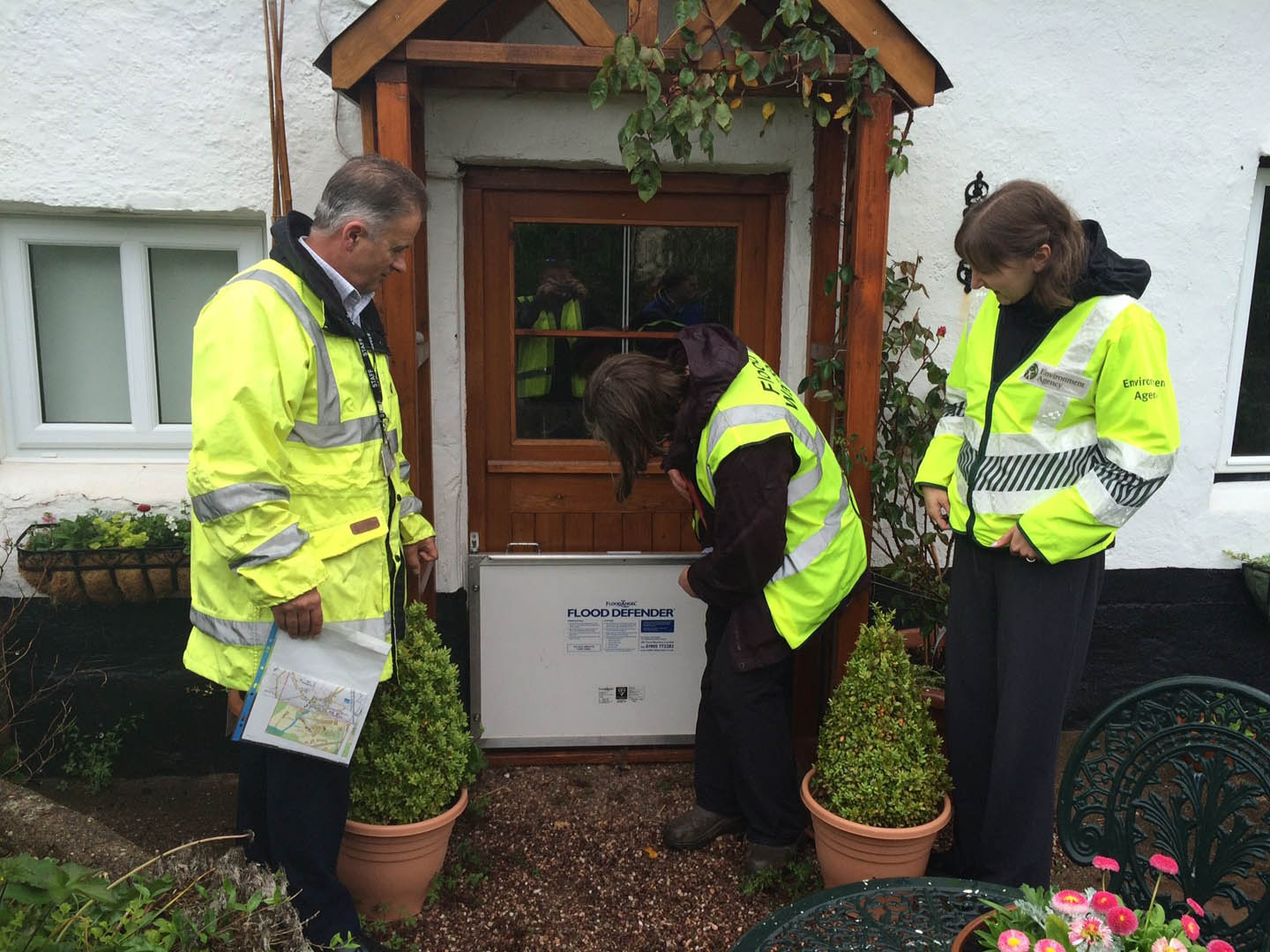Why is personal safety training important?
Our Property Flood Resilience teams regularly travel, work away from home and visit people’s homes when conducting PFR property surveys, when they carry out post-installation reports and engage with residents and communities most at risk of flooding.
At JBA we have robust health and safety procedures in place when conducting PFR surveys, which include: detailed risk assessments; wearing appropriate PPE; rules about lone working; and check-in procedures with clear escalation processes.
What did we learn?
Throughout the day we shared experiences and thought about the working practices we have in place. Discussing both the things we currently do well and further steps we could take to improve our personal safety. Topics included reporting incidents, dynamic risk assessments, defusing aggression and managing conflict alongside tips for personal safety in the workplace and everyday life.
Further safety advice that we took away from the training included the use of code words and having excuses to hand in case there is the need to quickly exit a property. Providing work contact details to family/friends so they know who to contact if you do not return home as planned and making sure we include discussions of health and safety within team meetings to share best practices and learn from each other.
Key messages – body language
One of the key messages taken away was the importance of body language. 55% of how we communicate is generally attributed to body language, with vocal elements contributing around 38% and only 7% down to the actual words we use. Body language is important from the moment you knock on the door, stepping back so the homeowner does not feel intimidated and standing slightly side on, giving you more stability and a quicker exit if you need it. Body language is also really important if someone is becoming aggressive, keeping your body relaxed and engaged and using open palm gestures to show you are listening to them.
Part of the tool kit
Whilst incidents are few and far between, and generally our PFR surveyors work safely and happily with homeowners, this training gave us further confidence that we have the tools to deal with conflict and difficult situations if and when they arise. We are now planning to make this training available more widely across the company, given the positive outcome.

The Suzy Lamplugh Trust
The Suzy Lamplugh Trust was founded in 1986, following the disappearance of Suzy Lamplugh, an estate agent who went to meet a client and never returned. The Trust was set up to educate, campaign and support people to avoid, mitigate and manage risks both in their work and everyday life.

More information about The Suzy Lamplugh Trust and the training available can be found here.



